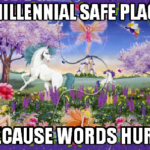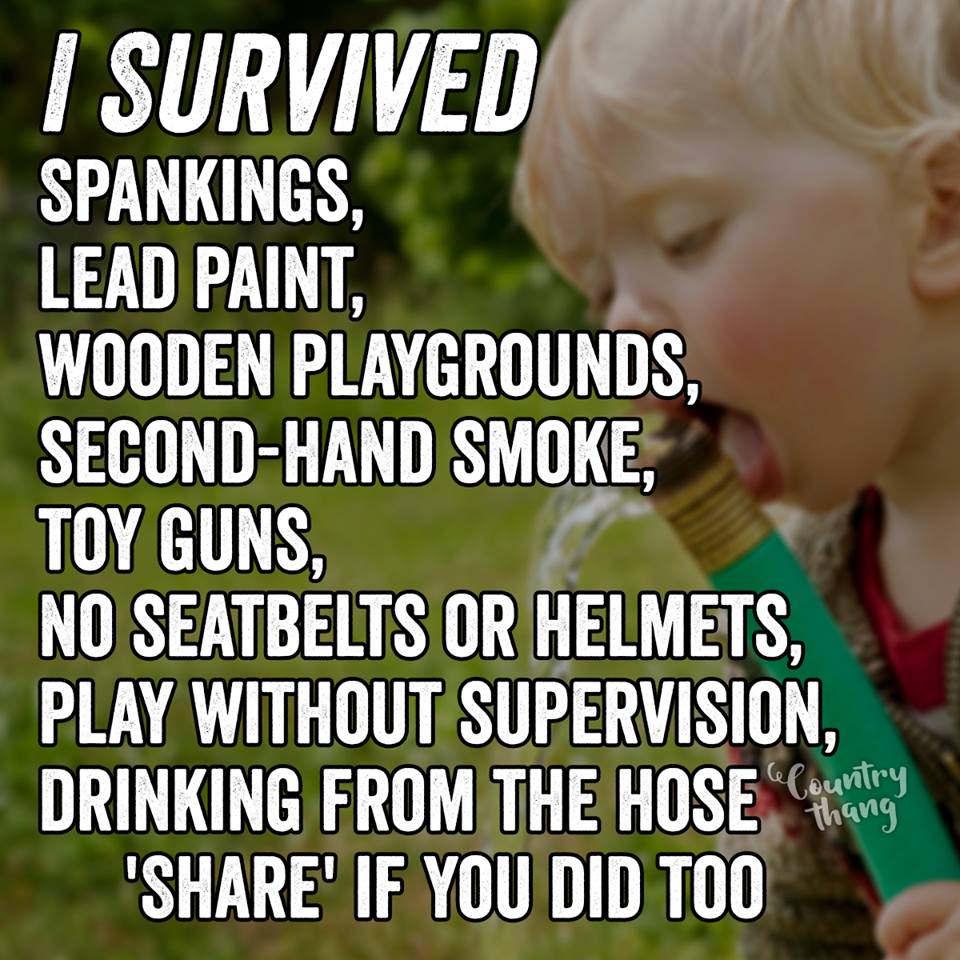
It’s Memorial Day weekend. This weekend, we remember those who have died as a result of their service in the United States military. Many were career soldiers. They gave their lives because they wanted serve and defend the United States. Others were called into war by their country during times of need. We remember them all in the coming days.
Remembering these men and women, most of them young, who died as a result of their  service, is painful. But this weekend, let us take some time and focus on them; show them our respect. Don’t worry about what other people are doing or about politics or about how whatever we do reflects on us.
service, is painful. But this weekend, let us take some time and focus on them; show them our respect. Don’t worry about what other people are doing or about politics or about how whatever we do reflects on us.
Let us just remember them: who they were and what they lost. Let us ask God to keep them, forever, in the kind of peace that our fallen world may never see.

In World War I, many soldiers prayed for protection using Psalm 91. Read it this weekend and remember those who have died in service of our country.
Psalm 91
1 You who live in the shelter of the Most High,
who abide in the shadow of the Almighty,[a]
2 will say to the Lord, “My refuge and my fortress;
my God, in whom I trust.”
3 For he will deliver you from the snare of the fowler
and from the deadly pestilence;
4 he will cover you with his pinions,
and under his wings you will find refuge;
his faithfulness is a shield and buckler.
5 You will not fear the terror of the night,
or the arrow that flies by day,
6 or the pestilence that stalks in darkness,
or the destruction that wastes at noonday.
7 A thousand may fall at your side,
ten thousand at your right hand,
but it will not come near you.
8 You will only look with your eyes
and see the punishment of the wicked.
9 Because you have made the Lord your refuge,[b]
the Most High your dwelling place,
10 no evil shall befall you,
no scourge come near your tent.
11 For he will command his angels concerning you
to guard you in all your ways.
12 On their hands they will bear you up,
so that you will not dash your foot against a stone.
13 You will tread on the lion and the adder,
the young lion and the serpent you will trample under foot.
14 Those who love me, I will deliver;
I will protect those who know my name.
15 When they call to me, I will answer them;
I will be with them in trouble,
I will rescue them and honor them.
16 With long life I will satisfy them,
and show them my salvation.
Amen.







 Two useful aspects of ChurchNext classes are, they aren’t too intense (only 45 minutes long for most people) and they travel. If you can bring a phone or a computer and get internet access, you can participate in a course. Consider utilizing these benefits as you plan your approach to church ministries over the summer.
Two useful aspects of ChurchNext classes are, they aren’t too intense (only 45 minutes long for most people) and they travel. If you can bring a phone or a computer and get internet access, you can participate in a course. Consider utilizing these benefits as you plan your approach to church ministries over the summer.

